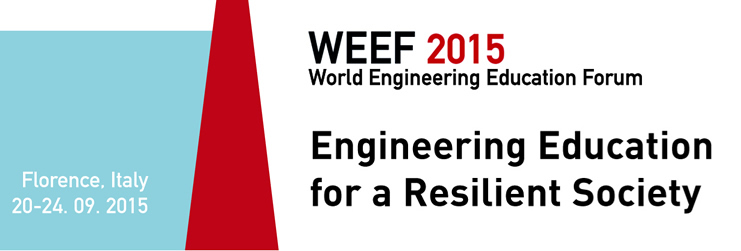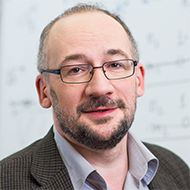- A
- A
- A
- ABC
- ABC
- ABC
- А
- А
- А
- А
- А
- HSE University
- Faculties
- Faculty of Computer Science
- School of Data Analysis and Artificial Intelligence
- News
- World Engineering Education Forum
-
The School
Pokrovsky boulevard, 11, room S938, Moscow, Russia, 109028
Phone: +7 (495) 772-95-90*27319
The School of Data Analysis and Artificial Intelligence was created in 2014 as part of the Department of Data Analysis and Artificial Intelligence. The school consists of world-renowned researchers who actively participate in international research projects.
Acquaye F. L., Kertesz-Farkas A., Stafford Noble W.
Journal of Proteome Research. 2023. Vol. 22. No. 2. P. 577-584.
Vasilii A. Gromov, Yury N. Beschastnov, Korney K. Tomashchuk.
PeerJ Computer Science. 2023. Vol. 9. No. .
Makhalova T., Kuznetsov S., Napoli A.
Data Mining and Knowledge Discovery. 2022. P. 108-145.
Dudyrev E., Semenkov Ilia, Kuznetsov S. et al.
Plos One. 2022. Vol. 17. No. 10.
Zhirayr Hayrapetyan, Nascimento S., Trevor F. et al.
In bk.: Information Systems and Technologies: WorldCIST 2022, Volume 2. Iss. 469. Springer, 2022. P. 141-147.
Dudyrev F., Neznanov A., Anisimova K.
In bk.: Artificial Intelligence in Education. Posters and Late Breaking Results, Workshops and Tutorials, Industry and Innovation Tracks, Practitioners’ and Doctoral Consortium -23rd International Conference, AIED 2022, Durham, UK, July 27–31, 2022, Proceedings, Part II. Springer, 2022. P. 436-439.
Egurnov D., Точилкин Д. С., Ignatov D. I.
In bk.: Complex Data Analytics with Formal Concept Analysis. Springer, 2022. P. 239-258.
Egurnov D., Ignatov D. I.
Automation and Remote Control. 2022. Vol. 83. No. 6. P. 894-902.
Kudriavtseva P., Kashkinov M., Kertész-Farkas A.
Journal of Proteome Research. 2021. Vol. 20. No. 10. P. 4708-4717.
Kanovich M., Kuznetsov S., Scedrov A.
Information and Computation. 2022. Vol. 287.

World Engineering Education Forum

The following companies were the sponsors of the event: Dassault Systems, Airbus Group, Total, GE Oil&Gas, MathWorks, international accrediting agency ABET, universities and centre specialized in engineering education.
The 18th International Conference on Interactive Collaborative Learning was held as part of the WEEF-2015. The School staff members presented the report ‘Blended Learning in Software Engineering Education: The Application Lifecycle Management Experience with Computer-Supported Collaborative Learning’.
Abstract:
Software engineering education (SEE) process simulates the main professional software lifecycle processes such as analysis, design, construction and maintenance (see SWEBoK, ITIL, etc.). The necessity of meeting both educational needs and requirements from industry explains that using Supported Collaborative Learning (CSCL) techniques in software engineering (SE) should be based on professional tools or on similar to them. The main purpose of this work is to fill the gap between the SEE needs and the current trends in CSCL development. We generalize world experience and suggest the framework of using industry approved methods and tools. We compare CSCL tools and the other collaborative services; analyze the teaching experience of several SE courses supported by different collaborative methods and collaborative web-services. Special attention is paid to formative feedback implementation. Following achieved result we suppose that using best practices from SE will enrich CSCL methodology and tools not only for SE field, but also for other areas of knowledge.
- About
- About
- Key Figures & Facts
- Sustainability at HSE University
- Faculties & Departments
- International Partnerships
- Faculty & Staff
- HSE Buildings
- HSE University for Persons with Disabilities
- Public Enquiries
- Studies
- Admissions
- Programme Catalogue
- Undergraduate
- Graduate
- Exchange Programmes
- Summer Schools
- Semester in Moscow
- Business Internship
- © HSE University 1993–2026 Contacts Copyright Privacy Policy Site Map
- Edit

